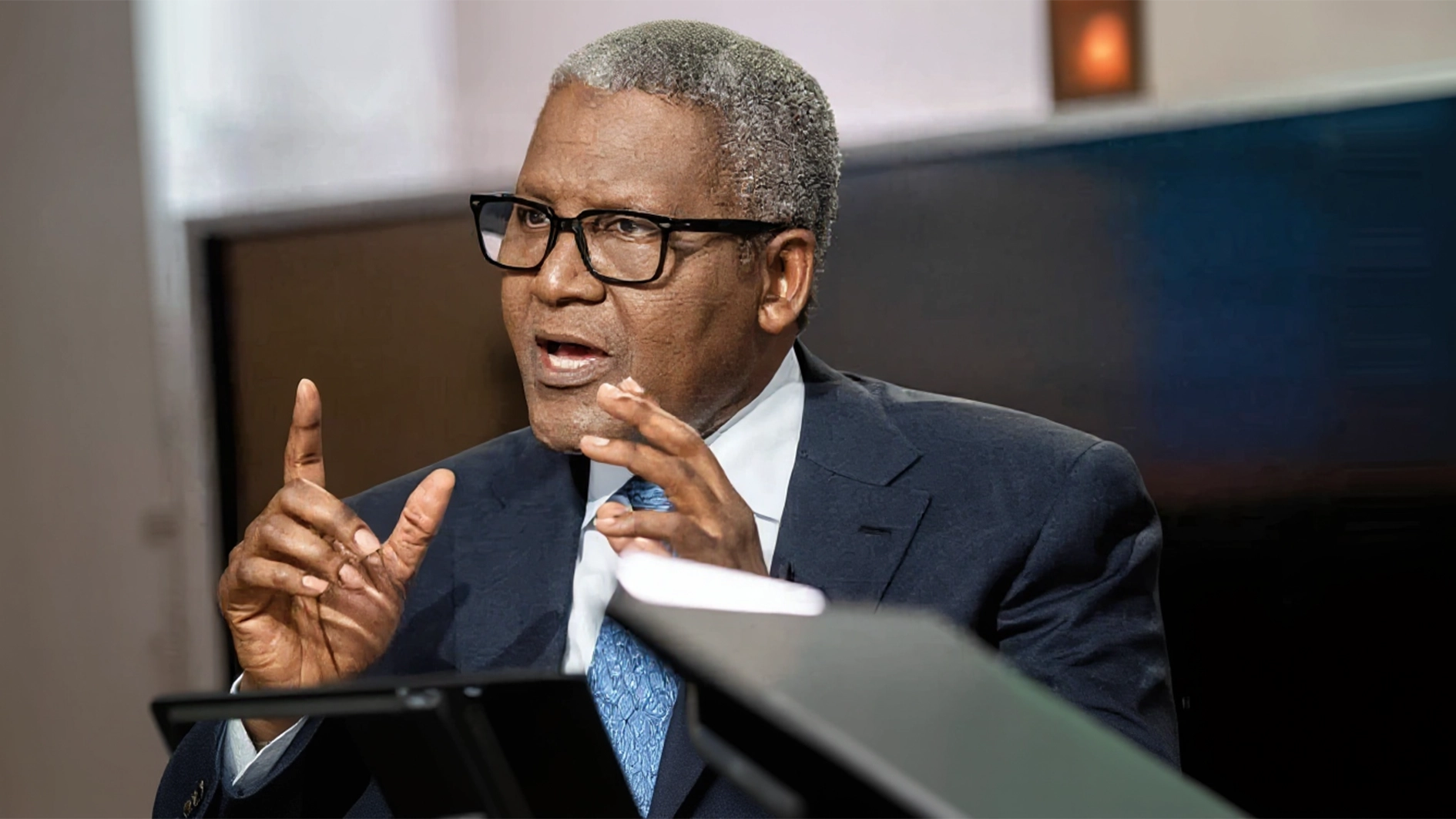
Bullying in Nigerian schools has been a recurring problem with detrimental effects on the physical, emotional, and psychological well-being of students. The recent case of bullying at the Lead British International School, Abuja, has again, brought the issue to the fore, drawing attention of Nigerians to the menace and the need for government, schools, and parents to collaborate and find lasting solutions to the problem, IYABO LAWAL reports.
Iremide Adesoga, 12, cries every single night before he sleeps. The thought of going to school every morning to face some of his classmates who continually torment him is demoralising. He attends one of the popular private secondary schools in Lagos. As a matter of fact, it is a faith-based school.
Since he got into the school in junior secondary school one, now in year two, Adesoga has had a hard time challenging those who bully him. His mother, Mrs Adeola Adesoga, is worried about her son’s mental and emotional stability.
Already, she said what her son is facing in school has caused a behavioural change. Anthonia Umunna’s story is akin to Adesogas. Ummuna, 13, is constantly being bullied by her classmates-the older ones and seniors, so much so that she fears going back to school after the holidays and the kind, sweet child has become so withdrawn and quiet.
Sometime ago, Mrs Deborah Okezie-Archibong, the mother of an 11-year-old student in a private school in Uyo, Akwa Ibom State, posted a video on social media where she cried out that her son’s seniors were sexually molesting him.
Similarly, a video went viral in Benin City, Edo State, where some students were seen brutalising and humiliating their classmates, where one of them was stripped naked.
There was also the case of 12-year-old Sylvester Oromoni, a student of Dowen College, Lekki, Lagos, whose death in controversial circumstances, sparked reactions from angry Nigerians, who called for the prosecution of students named by the deceased as those who bullied him.
Recently, the video of a female student of Lead British International School, Abuja, identified as Maryam Hassan, went viral, where she was seen being hit repeatedly by another female student.
The outrage by Nigerians drew the attention of the government to the incidence and the school was temporarily shut down. Bullying in schools seems to be an acceptable culture, which, unfortunately, might have sent some students to their early graves, while some sustained a lifetime injury, both physically and mentally.
Schools are recognised as institutions responsible for transferring knowledge and culture to future generation. The school is also expected to be a place where students should feel safe and secure, and where they can count on being treated with respect and care.
There are day and boarding schools, and the major purpose of boarding is for coexistence among students from different backgrounds and culture. Some scholars believe that boarding school is essential for the overall development and growth of a child and the most critical aspect of boarding schools are the networking opportunities it renders.
Students learn the importance of tolerance and respect for different views and perspective through the bonds they develop in such a close-knit educational setting.
The reality, however, seems to be that only a few students or pupils can harmoniously blend with their schoolmates without experiencing violence in their various learning environments.
The extreme cases of bullying, especially in Nigerian boarding schools, have gone on for decades and it is seen as a lifestyle that students are expected to adapt to.
While hearing some of the stories of bullying, such as sexual molestation, gang rape, exploitation and torture of students bring to memory, pictures of traumatic scenes and horror movies which are cringe-worthy.
An Associate Professor of Development and Clinical Psychology, Mrs Grace Idowu, defined bullying as a persistent, threatening and aggressive behaviour directed at a weaker, younger and less powerful individual. Idowu added that such action could be verbal or physical.
The psychologist said a male or female pupil with the realisation of being bigger and stronger than others could develop the tendency to exercise authority over younger and smaller pupils.
What makes a child become a bully? Idowu said bullying is an act a child learns at home. She said: “Children are not born to be bullies; they obviously learnt it from home. If a child grows up in a home where the father constantly bullies the mother, the child might grow up to become a bully, which the child was exposed to. If it is a female child, she may not become a bully, but she may end up acting like a male child. This is because she had been exposed to a rough, aggressive and volatile environment.
“Some parents are not aware that the type of environment they create at home goes a long way in shaping their child’s future. Children copy what they see their parents do. My daughter is in Junior Secondary 2; she attends a public school. Nowadays, she does not want to play with her siblings. She always looks withdrawn and lost in thoughts. When I inquired from her teacher about her behavioural change, her teacher said she was being bullied by some of her classmates. The teacher said she had tried many times to caution the pupils, but they have refused to stop the act.”
Many parents, whose children are victims of bullying often, find it hard to handle the matter. Advising mothers, an expert in psychology, Toun Adewumi, said bullying is a serious case, which should not be left to the child to deal with or handled alone.
“The child needs the help of his or her parents and teachers. This is because it is a situation that subdues a child. The child won’t be himself; he will lose concentration and always think of how to escape from his bullies. This is why parents must constantly speak with their children daily.
“A child who is bullied would not be happy at school and home. If the parents notice this behaviour, they should make the child talk. If a child who used to do well in his studies suddenly begins to lag, teachers should also intervene,” Adewumi said.
Experts lamented that bullying could result in low self-esteem for victims, increased violence and juvenile crime within the school environments.
How to curb it
To reduce cases of bullying, experts said individuals; groups and systematic interventions should be implemented in schools and must include students, teachers, administrators and parents.
Besides, they stated that surveillance cameras should be mounted in strategic places in schools and hostels for proper monitoring. National President of the Association of Nursery and Primary Education Instructors in Nigeria (ANPEIN), Sunday Fowowe, said tackling bullying in schools would help in improving students’ performance.
Fowowe, who is also a lecturer at the Department of Early Childhood Care and Primary Education Studies, Lagos State University of Education (LASUED), called for comprehensive anti-bullying policies and programmes in schools. He said these were necessary to promote empathy, respect, and understanding.
“These include fostering open communication channels, educating students about the impacts of bullying and providing support systems for both victims and perpetrators.
Besides, he said schools should enforce strict disciplinary actions on those involved in bullying, while offering counselling and rehabilitation opportunities for offenders to learn from their actions. Fowowe said it is essential to approach each case with understanding and focus on rehabilitation, rather than solely punitive measures.
“They need to ensure that students learn from their mistakes and are supported in developing healthier behaviours,” he stated. Vice Principal, Academics, Grimes International College, Suberu Oje, Alagbado, Lagos, Olaniyi Jemisoye, described bullying as a ‘serious matter’ that is becoming unbearable among students in schools.
Jemisoye said schools must pay attention to such issues daily at the assembly ground as part of efforts to create awareness. He added that tackling the issue requires a collaborative approach between schools and parents.
“We are adopting different measures to eradicate bullying; we talk to the students about the danger and penalties that come with such act when they are caught. We encourage the students to speak up whenever they encounter such from their peers, even on any form of harassment from either seniors or juniors.
“As a matter of fact, any student caught or reported with proof, will be suspended for two weeks as a warning, and on return, will be made to sign an undertaking. However, when we have a severe case despite warnings, that student will be expelled,” Jemisoye added.
National President, Early Childhood Association of Nigeria (ECAN), Prof. Babajide Abidogun, said bullying has become a common phenomenon in Nigerian schools, but stakeholders must stand against it.
Abidogun, said teachers and school administrators must monitor and guide the children. He also pointed out that government policy on ‘spare the rod and spoil the child’ should be reconsidered.
“When a child misbehaves, he or she should be punished accordingly, but this is no more the case because of the policy of government. An entrepreneur, Michael Udoh, while recounting his experience at Federal Government College, Idoani, said: “
As a senior student, I was not exactly a saint. But I definitely didn’t go around beating my juniors and collecting their provisions. Udoh lamented that despite several cases of students’ deaths due to bullying and torture, government has failed to prosecute or fine any teacher or staff members who are being paid to watch these young ones.
He said: “I remember the case of one of my classmates who was impregnated by a teacher in my school. She was less than 16, at the time, which automatically makes the sex statutory rape. She tried to commit an abortion, there were medical complications and she almost died. She survived though.
“The girl was expelled. Our principal at the time blamed it on girls wearing shorts and tight uniforms, while the teacher continued teaching in that school.”
Udoh said there should be zero tolerance for bullying in schools, especially boarding schools.






